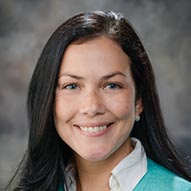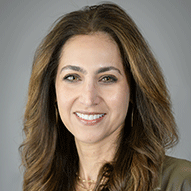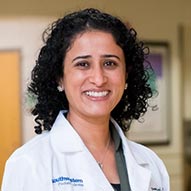Dallas
214-456-2740
Fax: 214-456-6898
Plano
469-303-0055
Fax: 469-303-0655
About 1 in 20 children experience a seizure. Most children never have a second seizure. However, if your child has more than one seizure, it could be a sign of a more serious medical condition or epilepsy.
The experts at Children's Health provide our region’s most advanced care, therapies and procedures for children with seizures. Our Dallas and Plano epilepsy centers are nationally recognized for their quality of care, meaning that your child will get the most advanced care possible.
214-456-2740
Fax: 214-456-6898
469-303-0055
Fax: 469-303-0655
A seizure is a sudden, uncontrolled electrical disturbance in the brain. Usually, the neurons in the brain send out electrical impulses to communicate with each other and with other parts of the body. These electrical impulses control everything in the body, including movements and senses. But when too many neurons send out impulses at the same time, the brain is overloaded with electrical activity. That’s when a seizure can occur. This can cause abnormal movements, changes in behavior, loss of consciousness or loss of awareness.
“Unprovoked seizure” means the seizure wasn’t caused by a specific event, like a head injury or infection. We know that watching your child have a seizure can be terrifying. But keep in mind, less than half of children who have one unprovoked seizure will develop epilepsy. Your child can only be diagnosed with epilepsy if they have two unprovoked seizures.
There are more than 40 types of seizures. The symptoms depend on the type of seizure. Here are some common symptoms:
Either the Emergency Department or your child’s pediatrician could give you a referral to see a neurologist about your child's seizures. A neurologist is the type of specialist who will determine if your child has epilepsy.
A neurologist will give your child a detailed physical and neurological exam and ask you about your child’s past medical history, your family’s medical history, and about what you have noticed about your child’s behavior and their seizures. Since there are more than 40 types of seizures, it’s helpful to provide as much information to your neurologist about the seizure, including:
Some of the tests we might recommend include:
A first unprovoked seizure should always be evaluated by a medical professional, either in the Emergency Department or pediatrician's office.
Our experienced team of neurologists can provide the expert care and treatment your child might need.




We’ll consider making an epilepsy diagnosis if your child has two seizures. Learn more about how we diagnose and treat epilepsy.
Most seizures stop within a minute or two. Here is what you can do during this time:
Call 911 if: